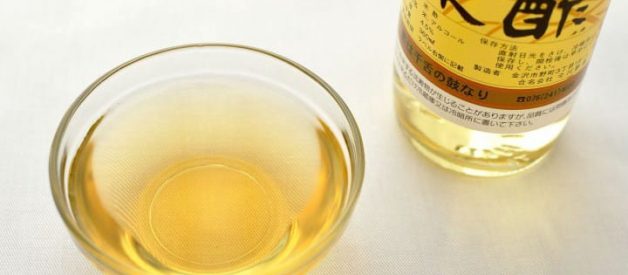Mirin VS Rice Vinegar Usage
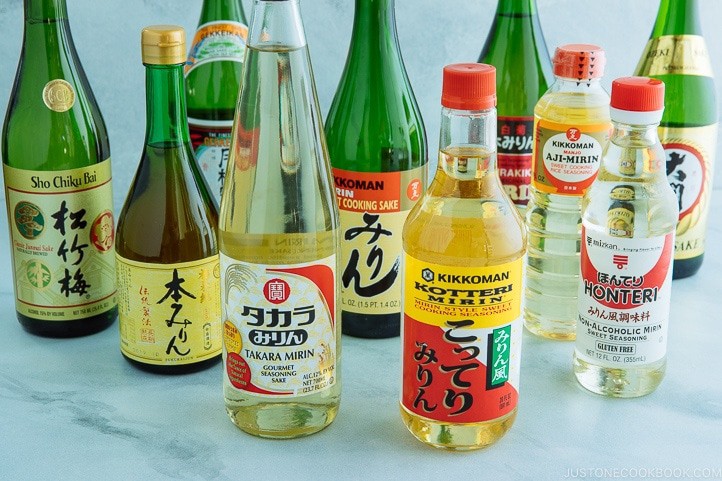
Mirin vs Rice Vinegar are both great for enhancing the flavor of the cooking. But the important thing is what type of cooking. Since these small differences can either import delicious flavoring or destroy your meal.
Using As Condiment
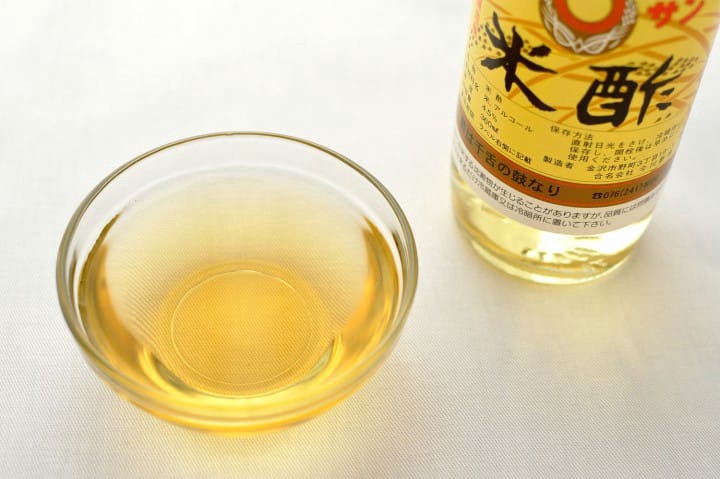
Firstly mirin works great as a condiment for your sushi rolls. And gives the sushi rolls a nice delicate sweetness which contrasts with the saltiness of the seaweed nori.
Meanwhile with rice vinegar, although it can be used as a dipping sauce, it is not used by itself. Meaning it is added together as an ingredient that is central for giving the dipping sauce a sweet and savory taste.
Hence it?s common that the rice vinegar is part of Chinese dipping sauce. Where it is mixed with other ingredients such as lime juice, sesame, ginger, sugar, and soy sauce to be used for dipping summer rolls or Chinese dumplings.
Flavoring Cooking
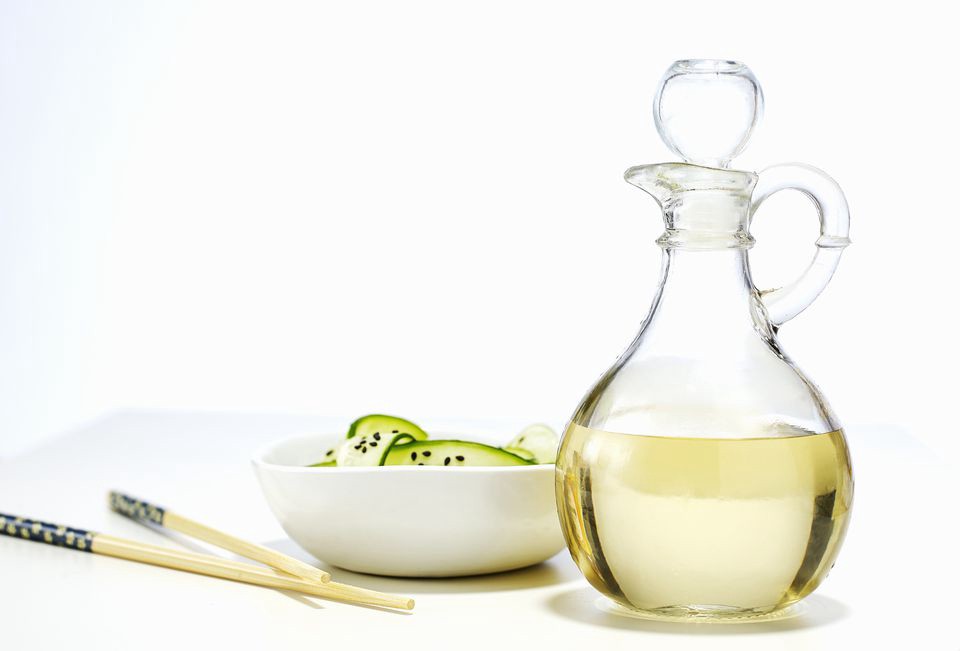
Besides being used in dipping food, Mirin VS Rice Vinegar can be similar and different as an agent for cooking.
Since mirin can be widely used for flavoring a wide variety of meat or seafood. Because it contains as much as 45% sugar in some brands. And the sugar makes it wonderful for tenderizing meat.
Furthermore, there?s also the alcohol content in the sauce which will help draw out the umami texture in the food similar to sake. Hence giving meat and fish an appealing glaze along with a distinctive fragrance.
While rice vinegar gets its distinct subtle sweet flavor from the fermenting process. Moreover is often cited to be mild, sour, mellow, and smoky all at the same time.
Beyond just cooking meat, it is more often for noodles, soups, and seafood. And there?s no need for a large amount, since only a touch of the acidity is all that you want.
Mirin VS Rice Vinegar Ingredient
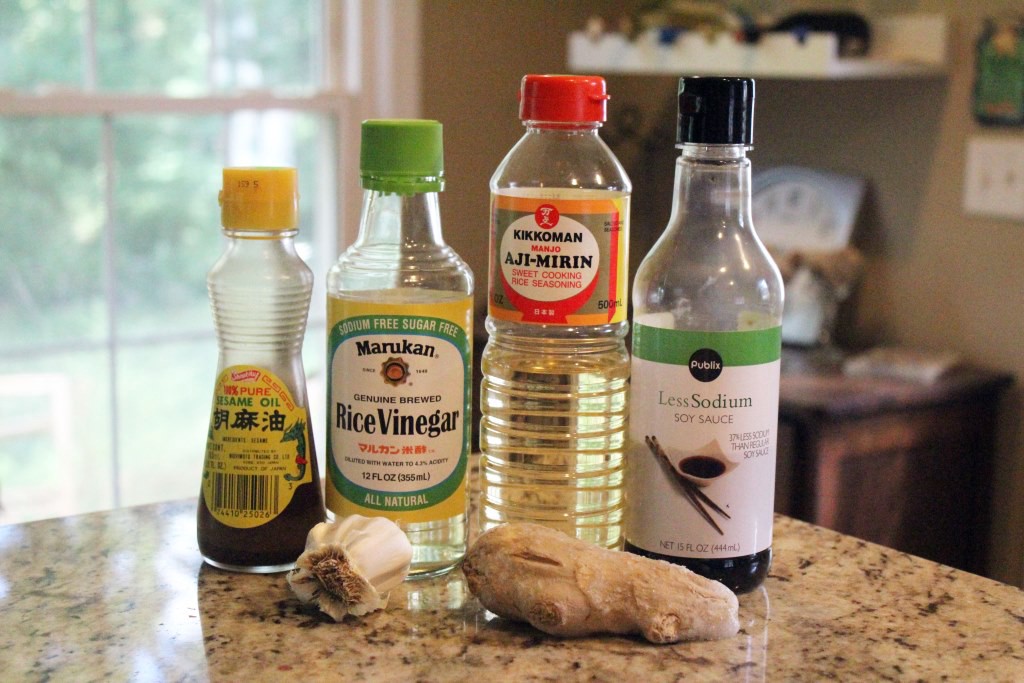
Even though they are miles apart in terms of how they are to be used in cooking and flavoring for foods. They are very similar in terms of the way they are made.
Since the general ingredients for mirin are water, rice, salt and fructose/glucose. While the ingredients generally are the same for rice vinegar but with more sugar.
Hence mirin although is very similar to rice vinegar, mirin is sweet and with alcohol that enhances the umami flavor. While the acidity of rice vinegar creates a sour tanginess in the flavoring.
Are They Gluten Free?
Another difference between rice vinegar and mirin is that mirin is totally gluten free. Since mirin is a rice-based cooking wine fermented from rice which doesn?t contain any gluten.
However this is not so true for rice vinegar, even though it is made from rice. Since some products depending on the brand may actually contain a mixture of wheat making it not gluten free.
Even though it is made from rice, you should still check on the back of the table to see if it contains malt or wheat. And also see if it is from distilled vinegars. Which contains vinegar from grains or malts but is removed during the distillation filtering.
Alcohol Content
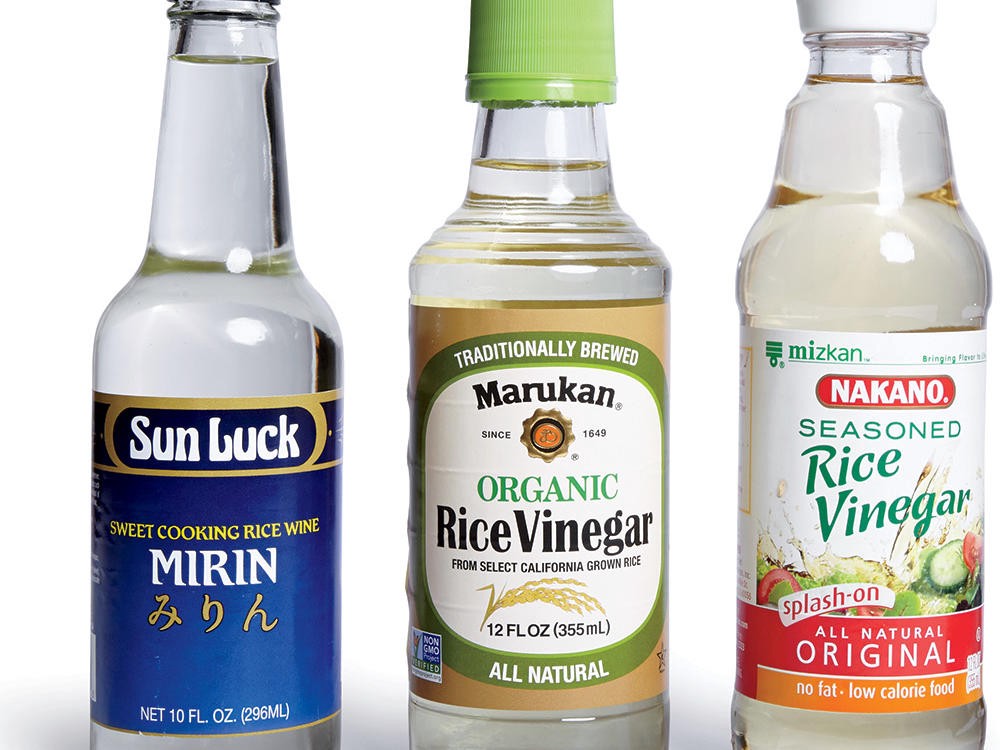
Firstly in terms of alcohol content, rice vinegar contains absolutely no alcohol in its end product or at least very low alcohol content. Moreover rice vinegar is vinegar, and when used for cooking the alcohol content dissipates around 156 degrees Fahrenheit.
But this is not so true for mirin, which depending on the type of brand can contain about 14% school. But it is still lower than rice wine with an alcohol content of 20%.
However similar to what I explained for rice vinegar, if it is used for cooking it should be fine. Due to the high heat expelling the alcohol inside. But mirin can be drunk by itself, and is common as part of tradition in some parts of Japan.
Sodium Content
Generally rice vinegar contains only 5 milligrams of sodium. Hence it can be used in cooking for reducing salt and only gives perception of added salt.
While mirin contains 15 milligrams of sodium, it contains a lot more salt than rice vinegar. But still not too much to worry about since it doesn?t make out a lot of daily value.
Mirin VS Rice Vinegar Health
Comparatively there?s not much known health benefits to mirin. Meanwhile rice vinegar is great for improving your digestive health and can slow down cholesterol build-up on the walls of your blood vessels.
Additionally this source how?s that rice vinegar can aid in weight loss. Also for benefiting your skin and making it radiant.
